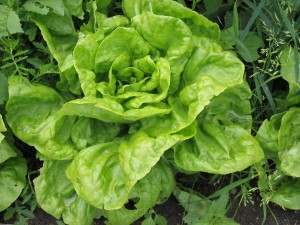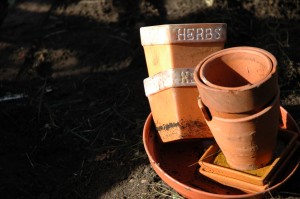
First, clean up your garden or pots from last year if you had them. This means trimming back old, shriveled growth and picking up rotten leaves and branches. If you need any new gardening supplies, now’s a good time to purchase them before they get too expensive. Think: trowels, gloves, and heavy clay pots.
Now’s also a good time to assess your garden’s soil. Depending on the type of plants you hope to grow you’ll need at least 6” of depth and preferably 12-16”. The more room your plants have to build root systems the healthier they’ll be! With so many types of soil on the market it’s hard to know which to choose. Organic, self-fertilizing topsoil is typically preferred by home gardeners but base your soil choice on your plants’ needs.
After you’ve laid the groundwork it’s time to buy some seeds. Vegetables that tend to do well in the mild spring months include lettuce, carrots, spinach, and broccoli as well as a variety of some-sun herbs. It’s best to ask a local nursery what will do well in your particular climate.

Once you move your seedlings outside, or if you start your seeds outside in late March or early April, be sure to plant them in a location that doesn’t get full sun. Spring vegetables are more sensitive to heat than summer veggies so they only need about 3-5 hours of direct sunlight a day to flourish.
Be sure to monitor your garden carefully for pests, particularly aphids. Young vegetables are most susceptible to invasive species but application of organic pesticides will typically keep the bugs at bay. If you have a continuous issue with bugs consider calling a local pest control management company for help.
Planting your spring vegetables now, or at least planning for them, ensures you’ve got a firm foundation for a healthy veggie garden later.